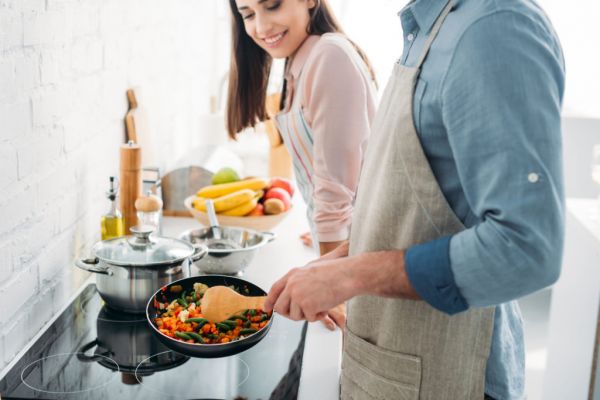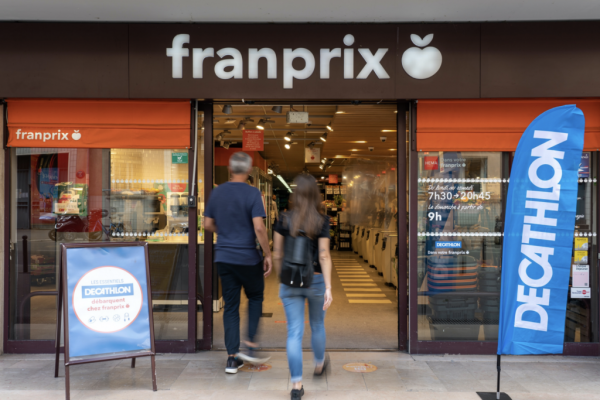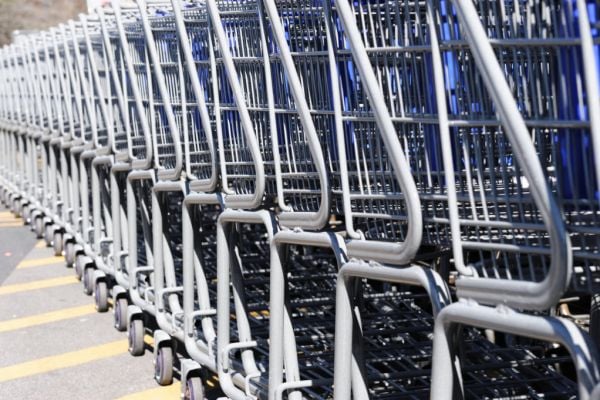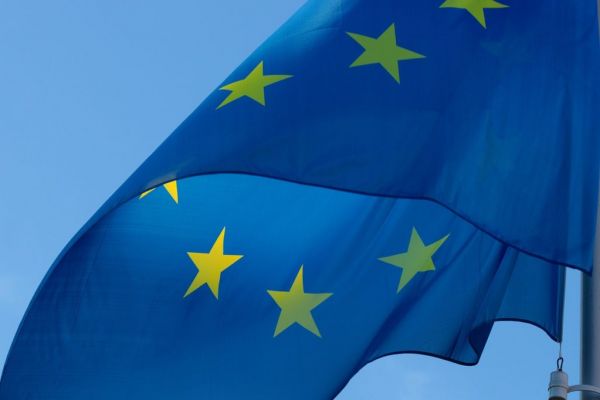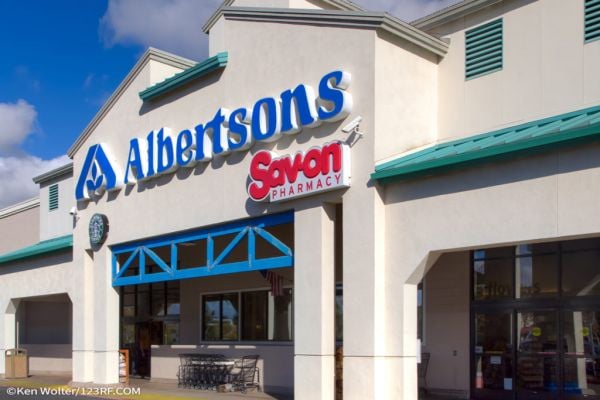The battle for the at-home consumer is likely to be one of the core focus areas for brands as the COVID-19 pandemic subsides, in a reversal of many years of out-of-home growth, new research from Accenture claims.
According to the research, which surveyed more than 22,000 consumers in 19 countries around the world, 66% of people plan to do 'most of their socialising' at home in the short- to medium-term, while 22% say they are cooking more from scratch now, compared to before the pandemic.
A quarter say that they have increased their share of shopping on smaller, local brands, compared to before the pandemic.
Elsewhere, some 53% of respondents say that they want to continue to learn new skills – such as cooking – at least once a week date the pandemic subsides, while 18% say that they plan to continue to purchase meal kits from restaurants at least one a week.
“The crisis will define consumption for the next decade, challenging food and beverage companies to reach consumers who are mostly at — or close to — home," commented Oliver Wright, senior managing director and global lead of Accenture’s global consumer goods industry group.
"It is a reversal of years of growth in out-of-home channels; it is a renewal of the art of cooking at home and of experimenting with meal-kits and learning new skills, such as baking and cocktail-making online."
Health And Wellness
The study also noted a greater emphasis on personal health and diet, with six in ten respondents now 'worried' about their personal health, and 24% saying that they are spending more time on self-care.
Diets have also shifted, with 44% saying they are eating more fruit and vegetables now than they were before the pandemic, while more than a third (36%) have reduced their sugar and fat intake, and 20% are eating more organic produce.
One in seven say that they have reduced or eliminated red meat from their diets, while one in nine say that they have adopted a vegan, vegetarian or pescatarian diet since the pandemic. Some 12% say that they have stopped drinking alcohol.
E-Commerce Growth
Accenture's research also noted that the dramatic rise in those shopping online is likely to remain, or accelerate even further.
People who previously shopped infrequently online (defined as those who used online channels for less than 25% of purchases prior to the outbreak) are four times more likely to purchase groceries, alcoholic beverages and take-out from restaurants online now compared to pre-pandemic, according to Accenture.
"The pandemic has created an opportunity for food and beverage companies to be more creative, experimenting with new ways to engage consumers and developing new products and services that will continue to appeal, even after the pandemic passes," said Wright.
The study was conducted between 28 November and 10 December, and between 25 February and 5 March, with 22,140 respondents questioned in ustralia, Brazil, Canada, China, France, Germany, India, Indonesia, Italy, Japan, Russia, Saudi Arabia, South Korea, Spain, Sweden, Switzerland, the UAE, the UK, and the USA.
© 2021 European Supermarket Magazine. Article by Stephen Wynne-Jones. For more Retail news, click here. Click subscribe to sign up to ESM: European Supermarket Magazine.
